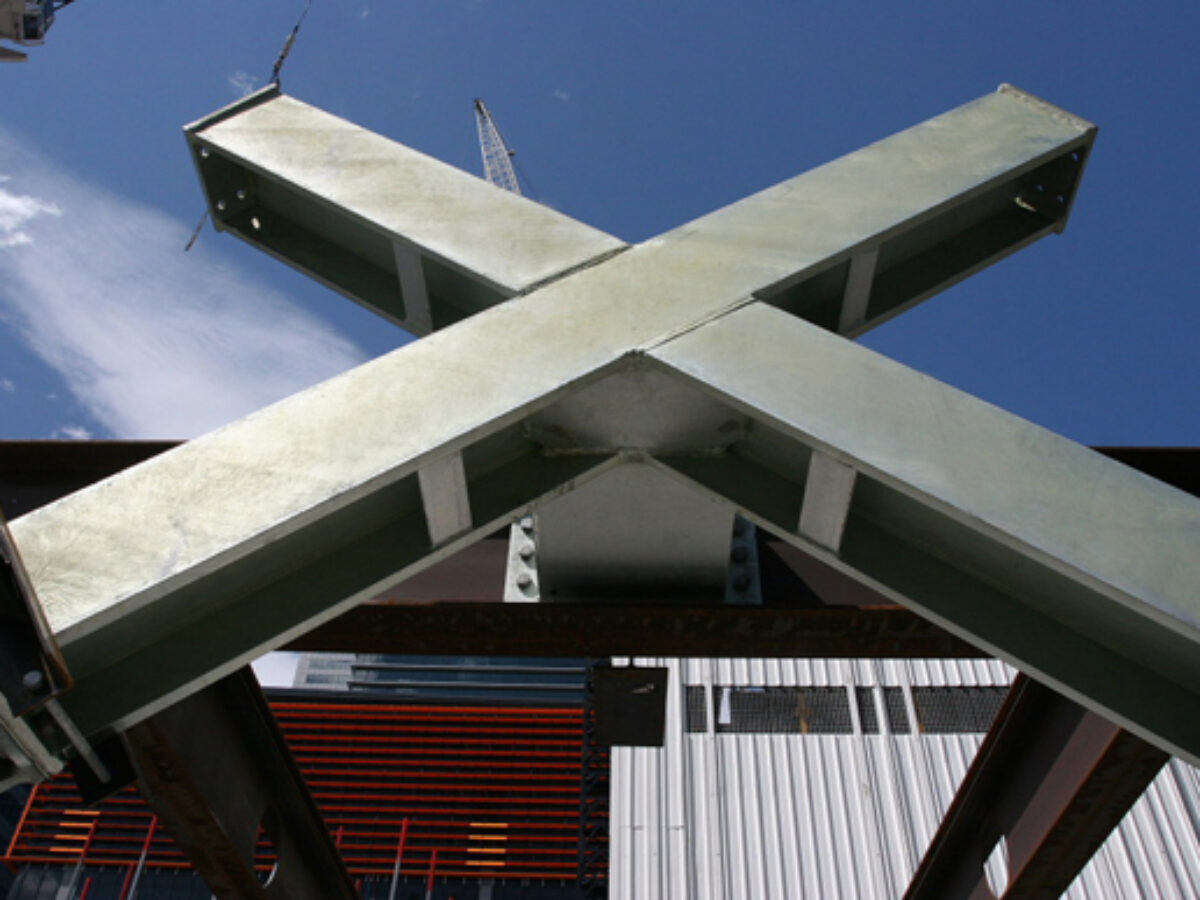Australian steel manufacturers brace for impact as US rejects tariff exemption

Australian steel and aluminium manufacturers faced a significant setback on Tuesday as the White House confirmed there would be no exemption from the 25 per cent tariffs imposed by US President Donald Trump.
“He considered it and considered against it. There will be no exemptions,” White House press secretary Karoline Leavitt told Australian media in Washington.
The global tariff regime took effect from midnight US time, with Trump administration officials suggesting Australian producers should relocate manufacturing to America if they want to avoid the levies.
“American-first steel. And if they want to be exempted, they should consider moving steel manufacturing here,” Leavitt added.
Australian officials had been lobbying intensively for a carve-out similar to the one secured during Trump's first term in 2018, when former Prime Minister Malcolm Turnbull successfully negotiated an exemption.
Industry analysts noted that Australia's case was undermined by January trade figures showing Australia recorded its first trade surplus with the US since records began, driven largely by record gold exports worth US$2.9 billion.
The Australian government indicated negotiations would continue, with a spokesperson stating they “remain in discussion with the United States administration, and will have more to say.”
Housing Minister Clare O'Neil expressed cautious optimism, telling Channel 7: “We still have a little bit of time and lots of discussions continuing to happen.”
For Australian manufacturers, the tariffs represent a significant challenge to their US market access. The steel and aluminium sectors now face difficult decisions about absorbing costs, raising prices, or potentially redirecting exports to alternative markets.
The situation was further complicated when Trump's trade adviser, Peter Navarro, accused Australia of dumping subsidised, below-cost aluminium into the US market, comparing Australia's practices to those of Russia and China.
The tariffs form part of a broader protectionist trade agenda that has already seen threats of 50 per cent tariffs against Canada and foreshadowed additional levies on pharmaceuticals and agricultural products.
The opposition was quick to criticise the government's approach to the tariff negotiations. Deputy Opposition Leader Sussan Ley told Sky News on Wednesday that the Prime Minister had failed to advocate effectively for Australian manufacturers.
“If indeed it is confirmed that Australia doesn't get a carve out from steel and aluminium tariffs, it's bad news for Australian jobs, Australian industry,” Ley said. She argued that more personal engagement with the Trump administration might have yielded different results, pointing to the successful exemption negotiated in 2018.
Housing Minister Clare O'Neil maintained that negotiations would continue, telling Channel 7: “We still have a little bit of time and lots of discussions continuing to happen.”
Picture: credit Bluescope Steel
Further reading
Australia won’t escape the fallout of the Trump trade chaos
Why Trump tariffs won’t bring US manufacturing jobs back
Whether we carve out an exemption or not, Trump’s latest tariffs will still hit Australia
@aumanufacturing Sections
Analysis and Commentary Awards casino reviews Defence Gambling Manufacturing News Online Casino Podcast Technology Videos





